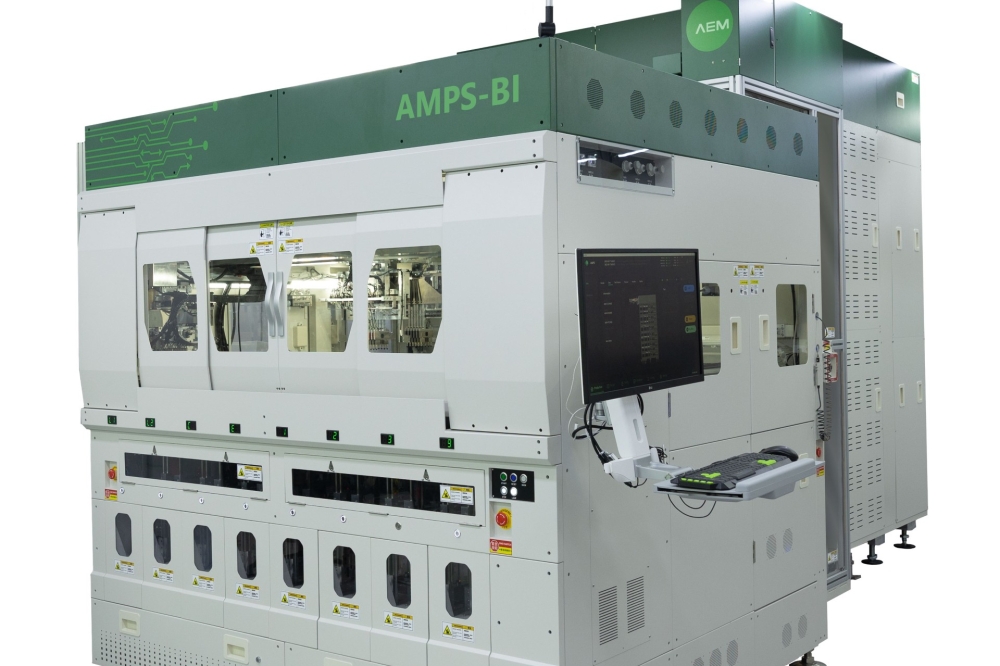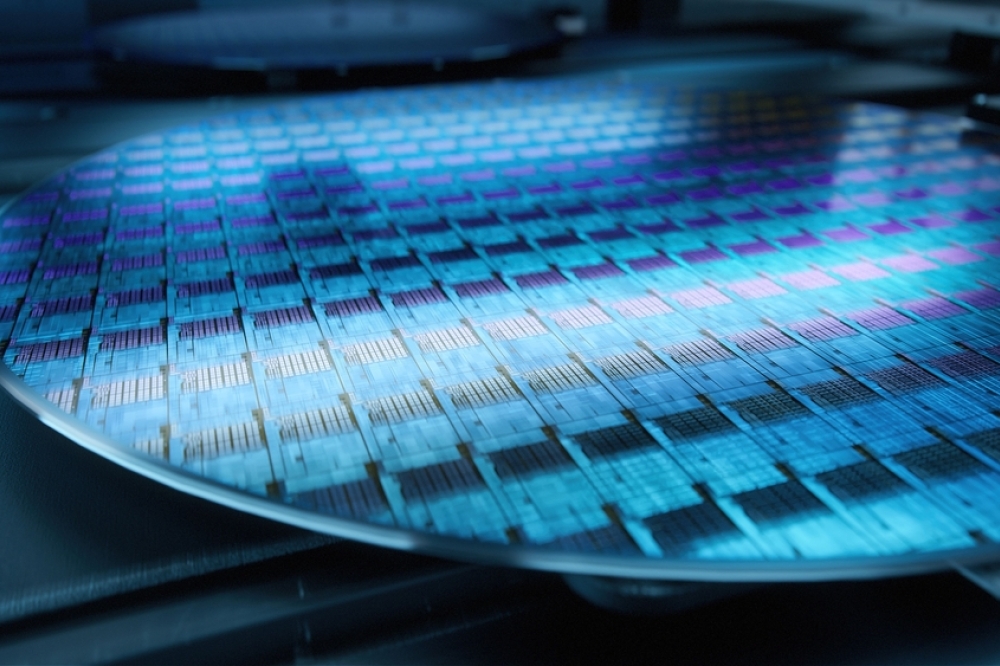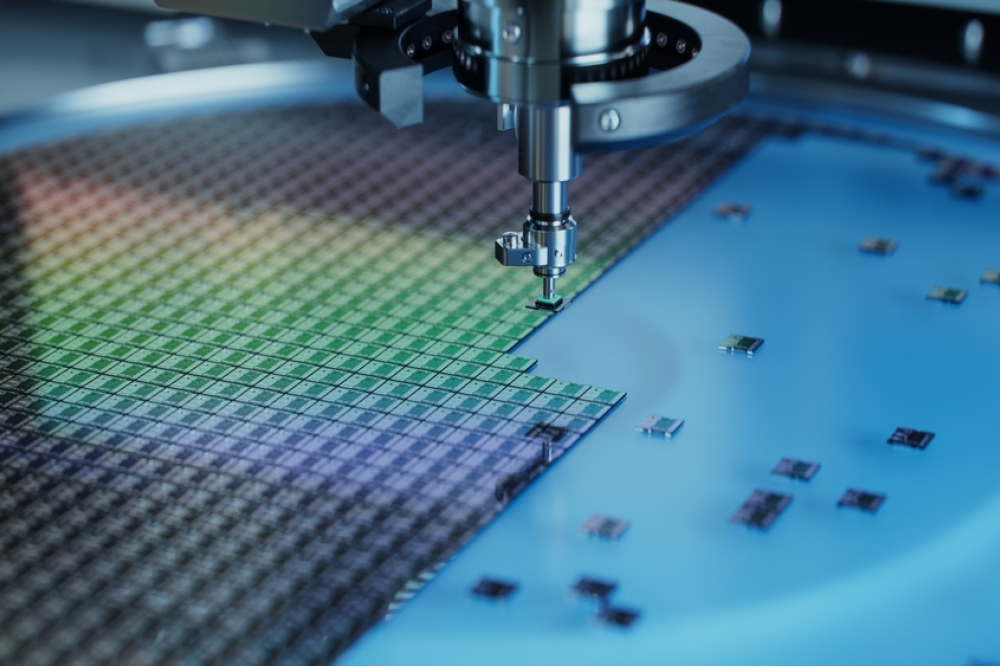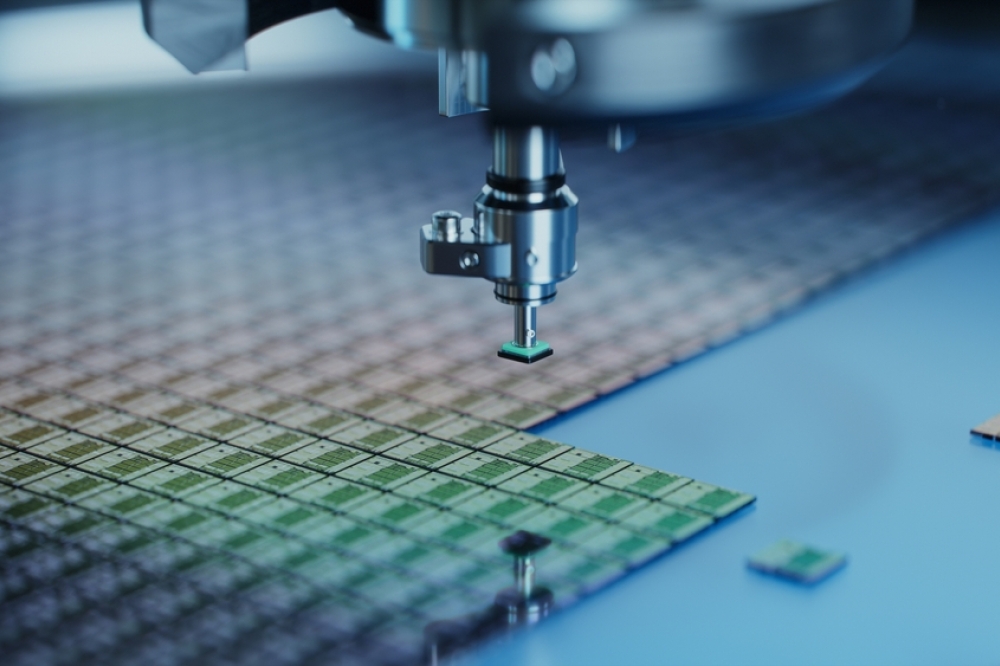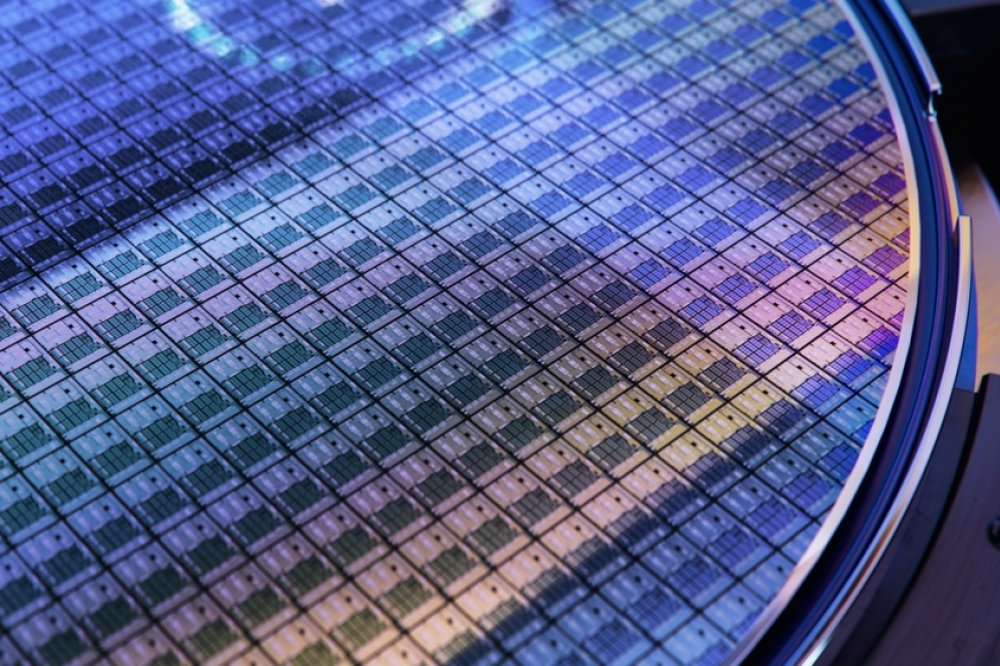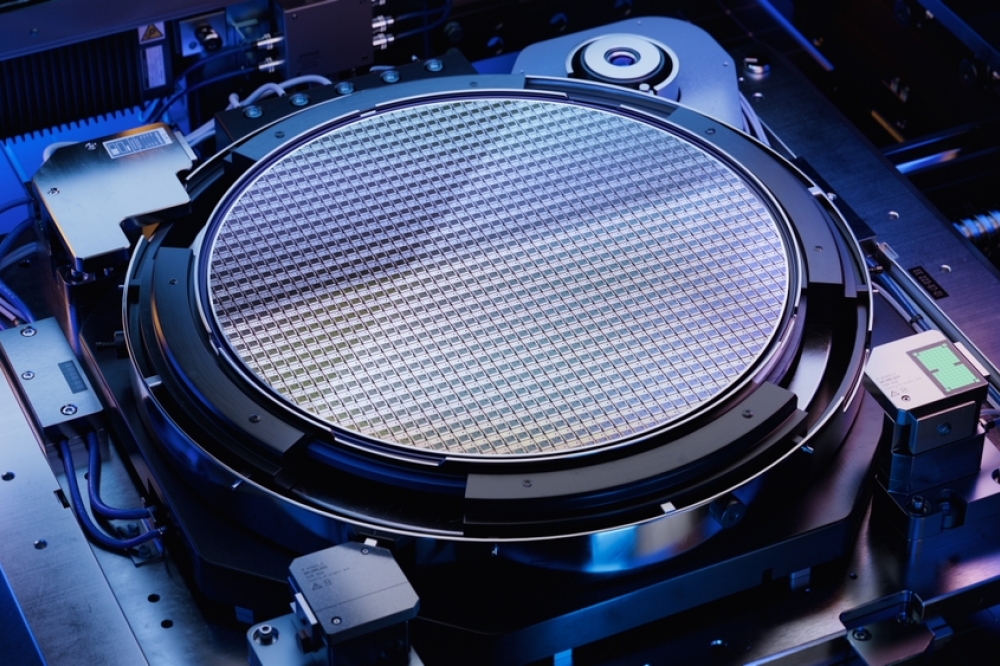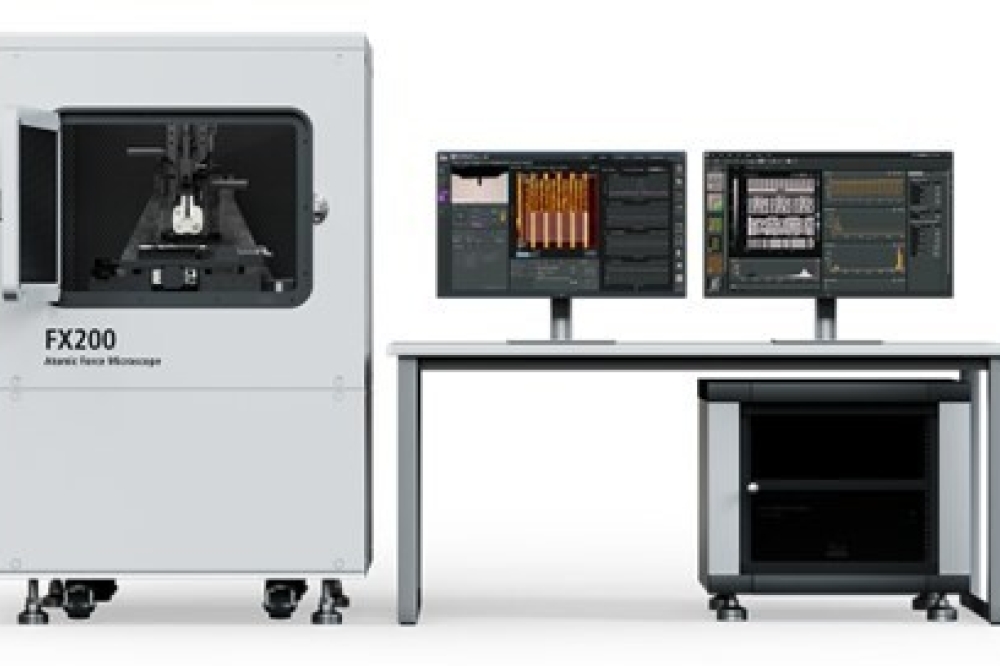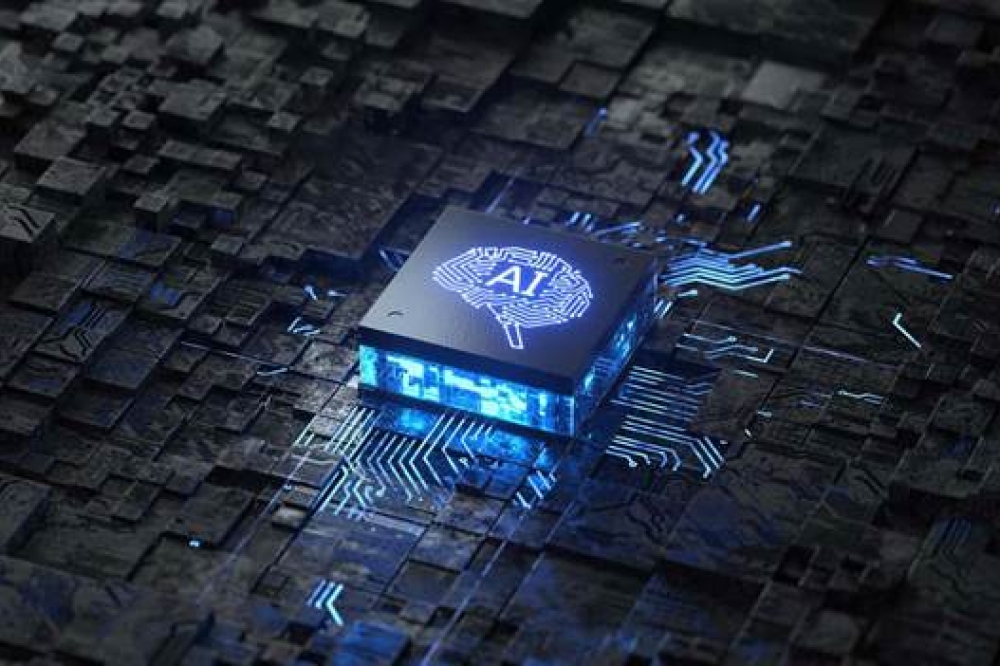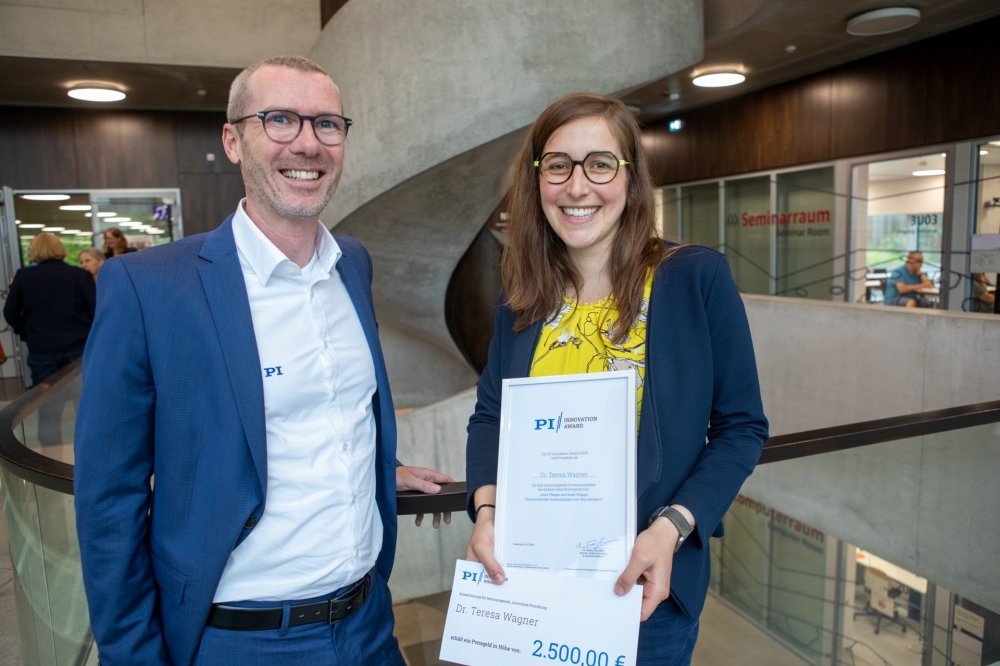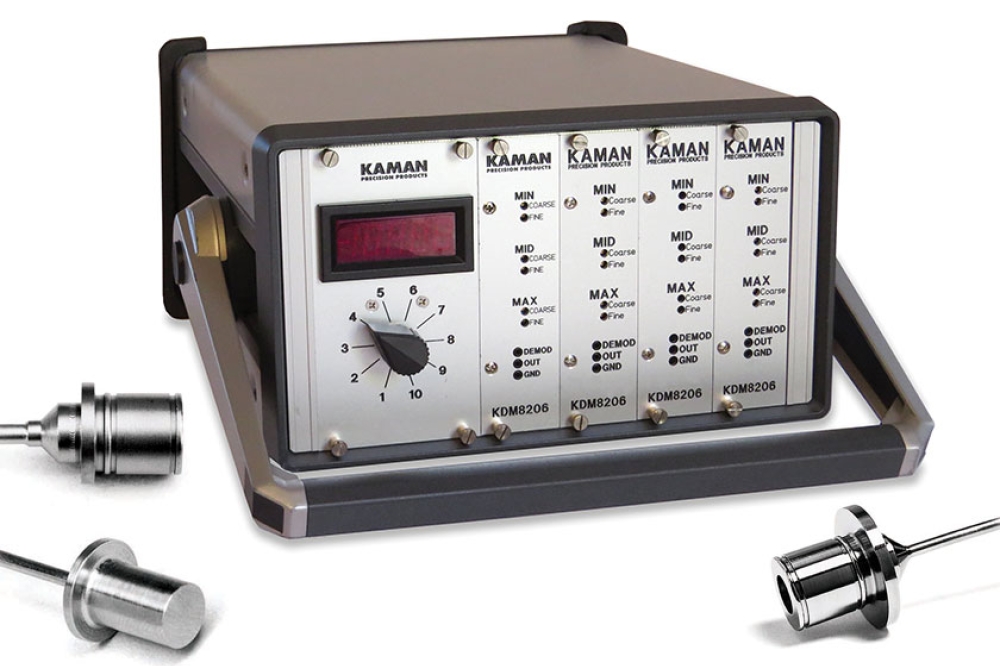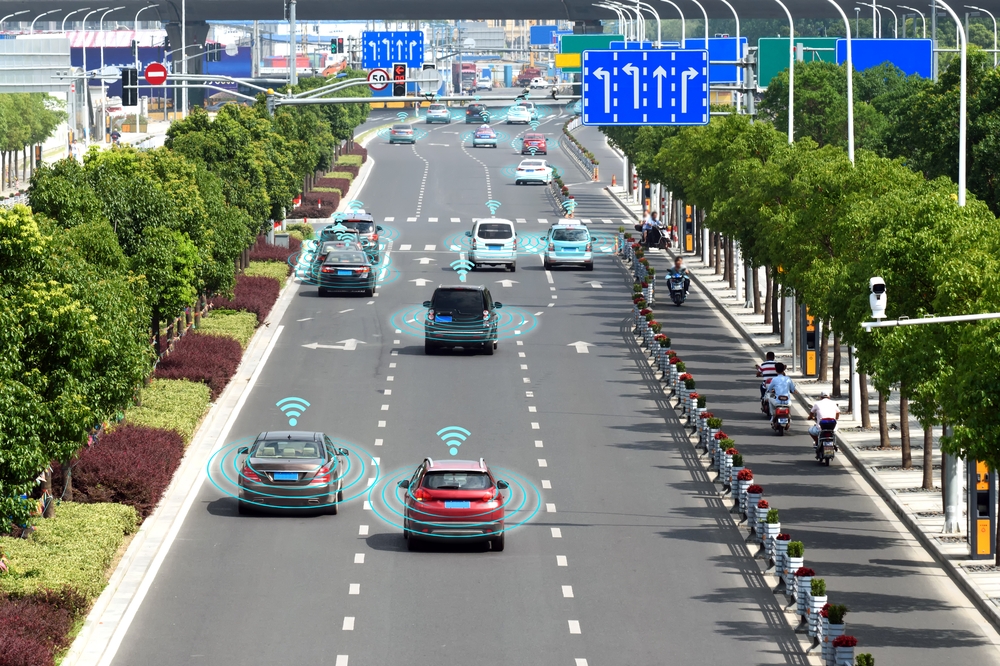Infineon coordinates automated connected vehicles research

They will be the heart of automated connected vehicles: high-performance computers built into the car, processing all the available data and information as quickly and reliably as possible, so that the vehicles can make their way safely through traffic.
The research project Mannheim-CeCaS (CentralCarServer) will develop a corresponding automotive supercomputing platform. 30 research partners from industry and universities are working in the project, which is being supported by the German federal government's large scale funding initiative for digitalization of auto-mobility. Infineon will lead and coordinate the project. Representatives from all the participating institutions met for the kick-off event today at the Campeon, Infineon's Munich corporate headquarters.
"The high level of acceptance enjoyed by driver assistance systems is a sign that there's no end in sight to the automation of driving," says Peter Schiefer, Infineon's Division President Automotive. "Here we're also talking about digital sovereignty in the interest of a robust automotive industry in Germany and Europe. That's why we're consolidating our strengths in order to develop reliable high-performance computing structures for highly-automated vehicles. As the world market leader in semiconductors for the automotive industry, Infineon is contributing its automotive system expertise and handling coordination of the research project."
The research project Mannheim-CeCaS is dedicated to the investigation and development of a holistic central computing platform for future highly-automated vehicles. This is to fill a gap which is emerging for connected and electrified cars: Their feasibility for everyday use still requires energy-efficient and economical high-end computers that can keep up with the increasing requirements on computing power and complexity and at the same time can meet the very high demands placed on automotive qualification. This involves the combination of safety and highest performance and automotive supercomputing, including specially designed processors as well as interfaces and system architectures.
The central computing units are to be based on innovative high-performance processors qualified for automotive applications and using non-planar transistor technology (FinFET). Application-specific hardware accelerators and an adaptive software platform for autonomous vehicles will complement the processors. Here approaches for what are called "convolutional neural networks" and event-driven neuromorphic accelerators. The necessary modifications of the on-board power network are to be taken into account, as is an automotive-capable integrated circuit packaging. The consortium's objective is a complete automotive qualification (ASIL-D) at the system level.
The German Federal Ministry of Education and Research (BMBF) is supporting Mannheim-CeCaS with approximately 46 million euros as a part of the government's "Mannheim" initiative, named after the birthplace of the automobile. The initiative is now to take the development of the automobile to a new level with digitalization. The project participants, under the leadership of Infineon, comprise the entire chain from component suppliers and specialists to research institutes and universities. The major participating corporations include Bosch, Continental and ZF Friedrichshafen, in addition to various Fraunhofer Institutes and partners like TU Munich (TUM) and the Karlsruhe Institute of Technology (KIT). The 30 partners propose an overall budget of approximately 90 million euros for the development of the future-capable central computer concept for automotive electronics. This makes Mannheim-CeCaS one of the largest subsidized German collaborative projects with a three-year duration.
The 30 partners of the CeCaS research project:
Bosch, Continental Automotive, ZF Friedrichshafen, Hella, AVL Software & Functions, Ambrosys, Infineon Technologies AG (coordination; with Infineon Technologies Dresden GmbH & Co. KG and Infineon Technologies Semiconductor GmbH), Kernkonzept, Berliner Nanotest und Design, Missing Link Electronics, Inchron, Glück Engineering, STTech, Steinbeis ZFW, Swissbit Germany, Karlsruhe Institute of Technology (KIT), FZI Research Center for Information Technology, Technical University of Munich (AIR, LIS and SEC), Munich University of Applied Sciences, Universität zu Lübeck, Chemnitz University of Technology, Fraunhofer ENAS, IMWS, IPMS and IZM.


